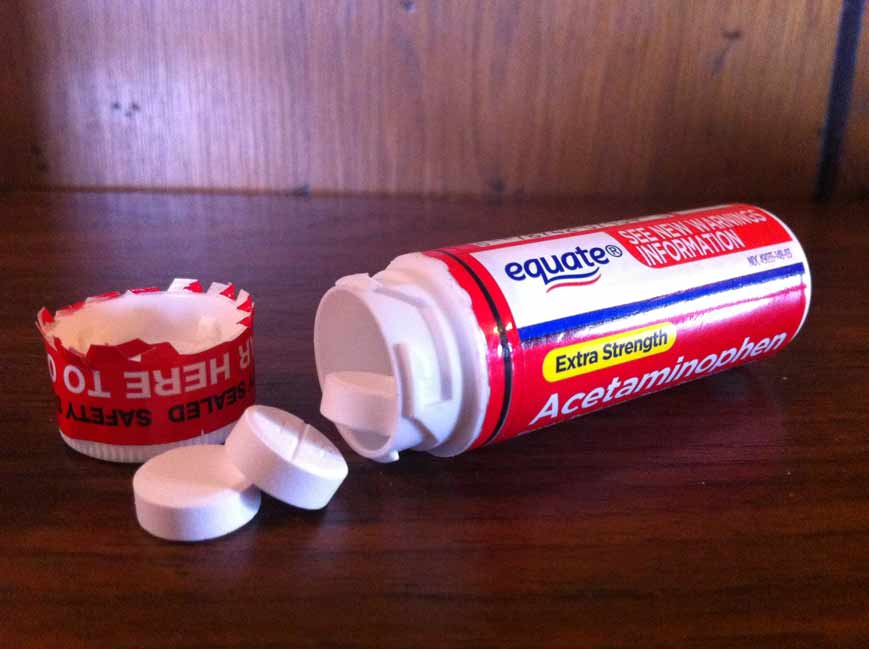
by Dr. Michael Murray | Oct 13, 2016 | Most Recent, Prescription Drugs
Introduction One simple rule that would save a lot of suffering in the world is to “never take a drug that has more severe side effects than your symptoms.” A new study highlights this adage as it shows an extremely popular group of stomach acid-blocking drugs, the...

by Dr. Michael Murray | Oct 13, 2016 | Most Recent
Just as the media often creates stories on natural products that lack critical thinking and are fraught with incorrect conclusions, sometimes marketers of dietary supplements make the same mistake. As it relates to milk thistle extract (silymarin), there are warnings...

by Dr. Michael Murray | Aug 17, 2016 | Most Recent, Prescription Drugs
Introduction Another damning study indicates it is simply time to pull the plug on this outdated drug. The study just published in JAMA Pediatrics once again indicated that women who take acetaminophen during pregnancy are more likely to have a child with attention...

by Dr. Michael Murray | Apr 10, 2016 | Cancer, Most Recent, Natural Facts
Introduction: Conventional wisdom is that we need to avoid sun exposure in order to avoid skin cancer. However, one of the issues with conventional wisdom is that it is born out of convenience and not critical thinking. With all of the new data emerging on the...

by Dr. Michael Murray | Dec 15, 2015 | Depression, Most Recent
Introduction: Bright light therapy has a proven track record of success in the treatment of seasonal affective disorder (SAD), commonly referred to as the winter blues. A new study from the University of British Columbia shows that this simple and safe therapy is...

by Dr. Michael Murray | Oct 15, 2015 | Most Recent, Webinar
We all know its tough to get through a busy, festive, holiday season without packing on the extra pounds. Many people, in fact, gain from 7-10 pounds during the holidays. However, there are ways that we can cut down on the food intake without missing out on the fun....









